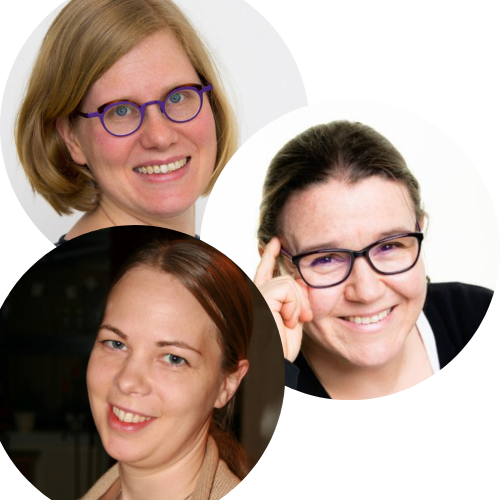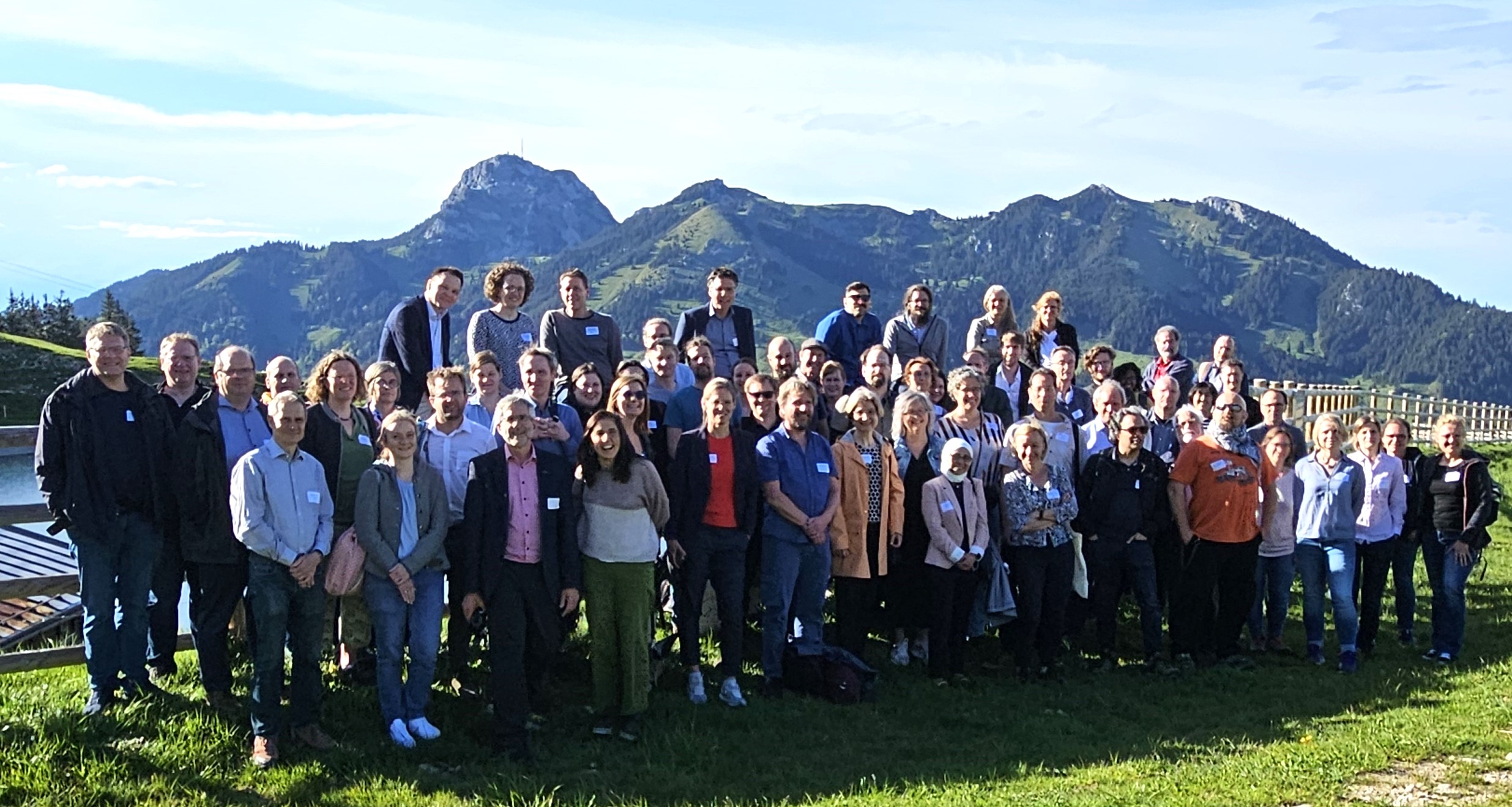Proceedings and videos of keynotes The conference proceedings and recorded keynote videos from the 12th…
Paula Schönach, Meeri Karvinen, Noora Jaakkola – Aalto University, Finland

Sustainability is a hot topic on universities’ agendas. This manifests in the emergence of institution-wide sustainability actions reaching from increasing sustainability awareness to research agendas, campus operations, outreach activities and curriculum development. In the light of increasing attention towards sustainability education, we promote stronger support for faculty in integrating sustainability in programmes and courses.
Higher education institutions face a growing demand to provide graduates with adequate skills to respond to the sustainability crisis at hand. This message is clear from industries and governmental organizations, but also from faculty and students themselves: humankind is facing global level challenges to secure a habitable planet – while providing a fair social foundation for equal opportunities for all. Both current and future professionals, including engineers, will play a crucial role in driving for the indispensable changes required to transform our path to sustainable directions.
In our experience, many university teachers are well aware of and ready to respond to these pressures. However, in practice, they are facing major issues when considering their own teaching: “What does sustainability mean in my specialized field of engineering?”; “How to approach such a complex issue in my teaching?”; “Where do I fit new sustainability aspects in my already packed course?”
To support educators in the integration of sustainability into their teaching, Aalto University (Finland) initiated a new 3 ECTS pedagogical course for teachers in 2021. Apart from building capacity in terms of basic knowledge on sustainability, the course aims to build common understanding of and identify the manifold, yet meaningful sustainability connections that exist within field specific contexts.
Currently, two main approaches prevail in the way we facilitate sustainability integration in our pedagogical course – first, emphasizing sustainability key competencies, and second, focusing on addressing sustainability via widely recognized framings, such as the UN SDGs. Both approaches have revealed beneficial for the participants in reviewing and developing their courses. Specifically, the discussions and individual reflections on sustainability key competencies have resulted in increased comprehension on the importance of sustainability integration at the level of degree programmes: students’ competencies, both knowledge and skills, develop throughout the studies and therefore sustainability education cannot be completed by an individual teacher or within one course.
The pedagogical training provided at Aalto University is essentially an extended and guided co-development process of engineering education with individual teachers from various fields of engineering. Our key learnings from this work together with the teachers are:
- It is crucial to acknowledge the starting point of each teacher for course or programme development and encourage contributions of varying scope. The range of possibilities for sustainability integration can extend from minor adjustments made to an existing course with fixed intended learning outcomes (ILOs) to creating a new course with ILOs thoroughly addressing sustainability relevant knowledges and skills.
- Individual teachers need support in finding the meaningful connections between their subject field and sustainability aspects and in identifying their possibilities to make an impact. Sufficient support ensures teachers ownership of the change process and acknowledges their autonomy to design their teaching.
- Peer support and dialogue with colleagues, both within and beyond their own expert field, is a powerful tool to support change. During the pedagogical course teachers share insights during all teaching sessions, but they are also asked to discuss sustainability in teaching with a colleague and a student between the sessions. This has brought new perspectives to their course development, increased individual teachers’ agency, and also sparked sustainability discussions beyond the course – in the programmes and departments.
There is an urgency to further develop adequate support for faculty for sustainability integration. Here, learning from others’ experiences, collaboration and co-learning have a key role. Additionally, it requires the swift creation of supportive structures at university level – a challenge universities face in the wake of our global sustainability crisis.
